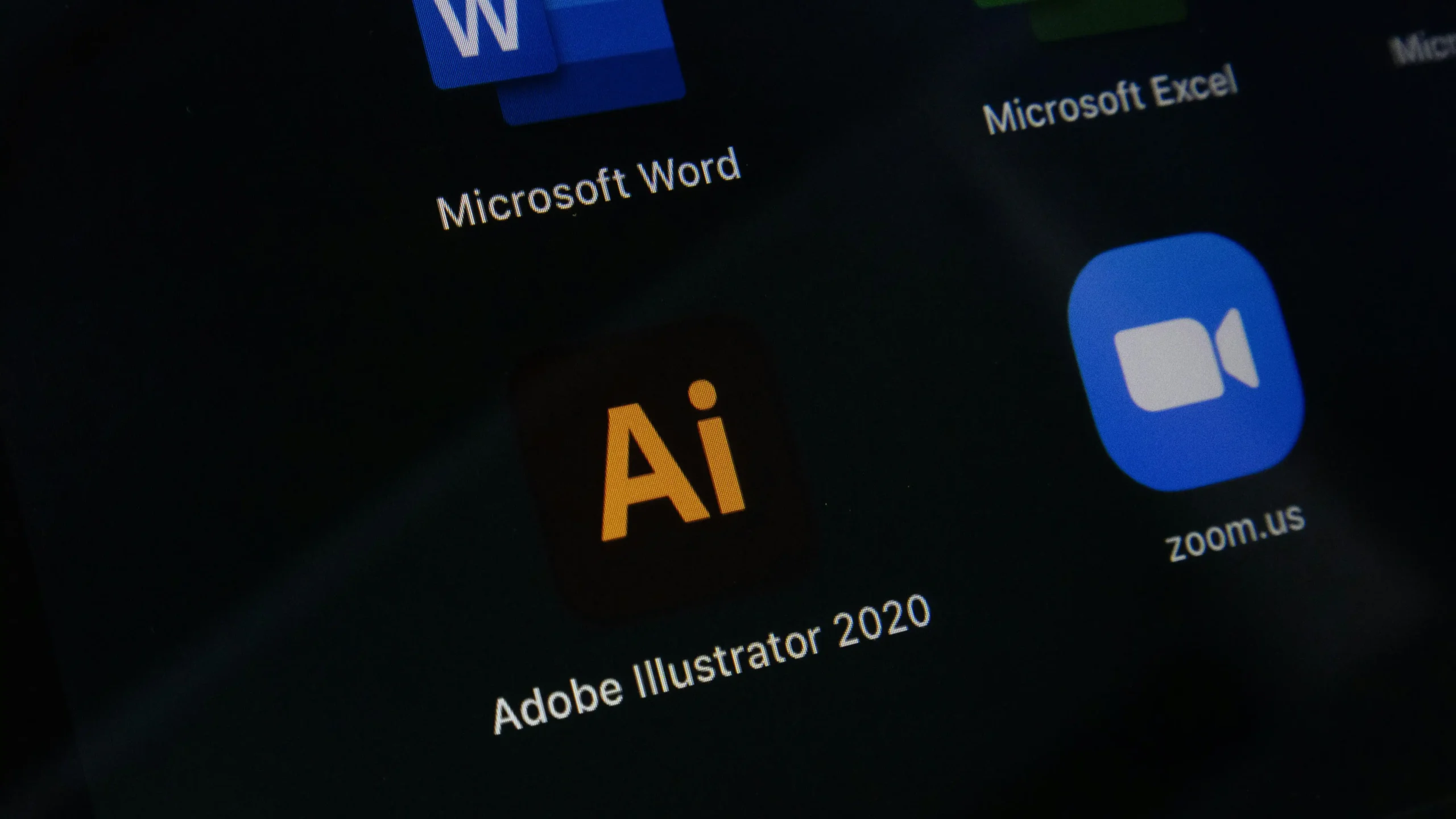The Blockchain Revolution: Redefining Industry Standards in 2025
Imagine a world where supply chains are fully transparent, financial transactions settle in seconds, and medical records are both secure and universally accessible. This isn’t science fiction—it’s the reality blockchain technology is creating as of February 25, 2025. With the global blockchain market projected to exceed $163 billion by 2027 (Statista), industries are racing to leverage its decentralized power. But how is blockchain technology transforming industries so profoundly? From eliminating middlemen in banking to securing voting systems, this guide unpacks the cutting-edge strategies and real-world wins defining 2025’s innovation landscape. Whether you’re a startup founder or a corporate leader, understanding this shift isn’t optional—it’s essential. Let’s dive in.
How Blockchain Technology is Transforming Industries: The Core Principles
At its heart, blockchain is a decentralized digital ledger. Unlike traditional databases controlled by single entities, blockchain distributes data across networks, ensuring transparency, immutability, and security. For industries bogged down by inefficiencies, this means streamlined operations. Take supply chains: Walmart reduced food traceability from 7 days to 2.2 seconds using IBM’s blockchain (IBM Blockchain). Meanwhile, DeFi platforms like Uniswap now handle over $2 trillion in annual trades—no banks required. As trust shifts from institutions to code, entire sectors are reimagining workflows. In 2025, companies ignoring this shift risk obsolescence.
Blockchain in Finance: The $Trillion Decentralized Disruption
Banking’s $8 trillion problem? Settlement delays. Blockchain slashes this via instant cross-border payments—Ripple’s XRP settles transactions in 3-5 seconds versus days with SWIFT. JPMorgan’s Onyx processes $1 billion daily in repo transactions, proving institutional adoption is soaring (JPMorgan Onyx). Meanwhile, smart contracts automate lending and insurance claims, reducing fraud. For entrepreneurs, DeFi offers unbanked populations access to credit via platforms like Aave. As of 2025, how blockchain technology is transforming industries is most evident here: financial inclusion is up 27% globally since 2022 (World Bank).

Healthcare’s Lifeline: Secure Data & Interoperability
Healthcare’s $375 billion annual fraud problem (NIH) meets its match in blockchain. Estonia’s e-Health system encrypts patient records on blockchain, accessible only via private keys. This reduces duplicate tests and ensures ER doctors have critical data instantly. Pharmaceutical giants like Pfizer now track vaccines from factory to arm using VeChain, cutting counterfeit drugs by 89% (VeChain). For patients, owning their health data means portability between providers—a game-changer for chronic disease management. As healthcare pivots to prevention, blockchain’s role in data integrity is non-negotiable.
Supply Chain 2.0: From Farm to Table in Real-Time
Ever wondered if your “organic” avocado is legit? Blockchain ends greenwashing. Nestlé’s blockchain-driven supply chain lets consumers scan QR codes to see a product’s journey. Carbon emissions tracking is next: IBM’s Food Trust platform quantifies footprints, helping brands like Starbucks meet 2030 sustainability goals. For manufacturers, smart sensors on shipping containers automate customs via IoT-blockchain hybrids. Result? Maersk cut documentation costs by 20% and delivery times by 40% (Maersk). In 2025, transparency isn’t just ethical—it’s profitable.
Governments Go Digital: Voting, Taxes, and Public Trust
Voter fraud allegations could vanish with blockchain-based elections. Sierra Leone piloted this in 2023, achieving 98% voter turnout and zero disputes. Estonia’s X-Road system secures tax filings and citizen services, saving 844 years of working time annually (Forbes). For urban planning, Dubai’s blockchain land registry prevents property disputes, boosting investor confidence. As civic engagement digitizes, how blockchain technology is transforming industries extends to governance—a $1.5 trillion market by 2030 (Gartner).
Energy’s Future: Peer-to-Peer Power Trading
Why pay utilities when neighbors can trade solar power? Brooklyn’s LO3 Energy platform lets households sell excess energy via blockchain. In Australia, Power Ledger users earn 15% more than feed-in tariffs (Power Ledger). Even oil giants like Shell use blockchain to certify green fuels, attracting ESG investors. For renewable startups, tokenizing carbon credits unlocks global liquidity. By 2025, decentralized energy grids could cut bills by 30% while accelerating net-zero goals—proof that blockchain’s impact transcends tech.
The Bottom Line: How blockchain technology is transforming industries is no longer speculative—it’s measurable. From healthcare to energy, early adopters are reaping efficiency, trust, and revenue gains. Yet this is just phase one. As AI integrates with blockchain for predictive analytics, and quantum computing boosts security, the next wave will redefine competitiveness. Ready to lead? Audit your operations for blockchain compatibility today—your 2030 market share depends on it. Share your blockchain journey with us below, and let’s shape the future, one block at a time.
